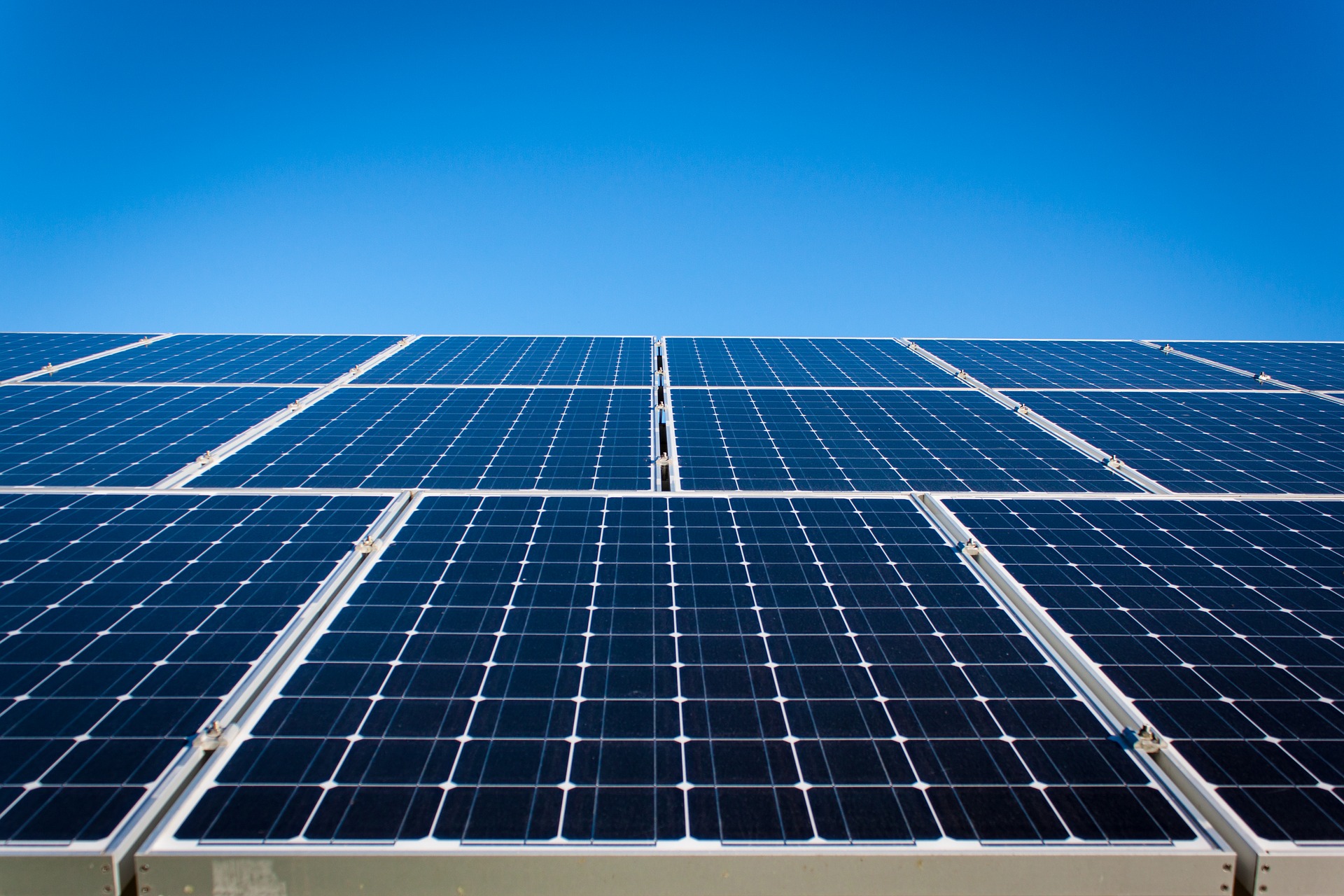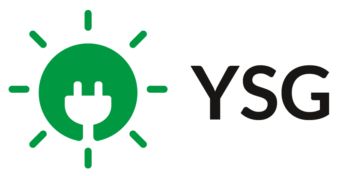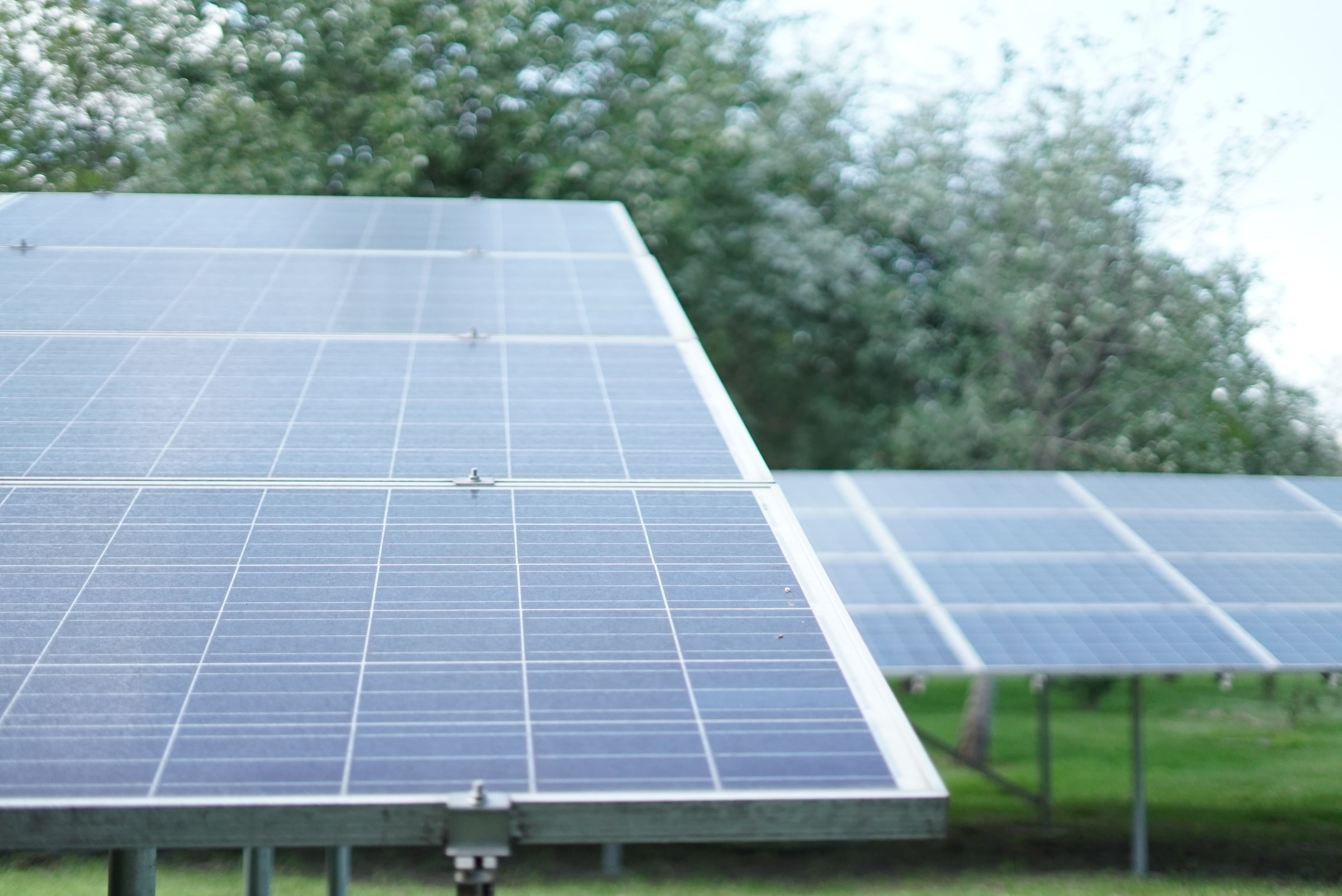The Maine General Assembly established community solar for the state back in 2015, and in 2019 new legislation was passed to encourage the development of solar and other renewable energy projects throughout the state. Thanks to this new legislation, both residential and non-residential energy consumers in Maine can avail of new solar opportunities—including community solar projects.
Over the past few years, community solar has grown throughout the state, with Maine residents saving money on their utility bills and supporting clean energy for the community. Community solar is a straightforward way for Maine residents to go solar and reap the benefits without the need to install panels on their own property, but what is community solar and how does it work in Maine? Let’s find out.
What is Community Solar?
Although the definition of community solar can vary slightly, the term typically refers to a shared solar PV project which is open to multiple subscribers. With a community solar subscription, customers can go solar and offset their utility bills without having to install solar panels at their own home.
How Does Maine Community Solar Work?
Maine residents subscribe to a community solar project in their area and receive a bill credit proportional to the amount of solar energy generated by their subscribed portion of the community solar project. The energy generated is measured in kilowatt hours (kWh). The community solar farm generates clean electricity, which is transmitted to your utility company and used in place of fossil fuels. You remain connected to your utility company, receiving your electricity via the grid as usual, but you also receive credits on your energy bill each month thanks to your community solar subscription. For further information on Maine community solar, please download the following document from the Maine Office of the Public Advocate by clicking the link below:
Community Solar Offerings for Residential Customers
Additionally, for up-to-date information on the latest developments in Maine community solar, and other solar energy policy in the state, you can consult the website for the Maine Public Utilities Commission at this link.
What is Net Energy Billing (NEB)?
There are two solar programs available to Maine customers interested in solar energy, providing options for both residential and non-residential energy consumers. The two programs are Net Energy Billing (NEB) and Distributed Generation (DG). For the purposes of this article and its focus on community solar, we’ll be looking at Net Energy Billing (NEB), which can be broken down into two separate programs:
- NEB Kilowatt-Hour Credit Program: This program is available to residential, commercial, and industrial customers. Participating customers receive kWh credits on their electricity bills.
- NEB Tariff Rate Program: This program is available to non-residential customers. Participating customers receive dollar credits on their electricity bills.
For an in-depth exploration of the differences between the two NEB programs, as well as the current rates for each program, follow this link to the Maine Public Utilities Commission website.
Why Sign Up For Community Solar in Maine?
A community solar subscription comes with many of the same benefits as a traditional rooftop solar installation, as well as a number of benefits unique to the community solar model. Some of the key reasons to sign up for community solar in Maine include:
- No Installation Necessary: With community solar, there is no need to install panels on your own property.
- Guaranteed Utility Bill Savings: With a community solar subscription you can reduce your utility bill via energy credits, offsetting your electricity costs every month as long as you remain subscribed.
- Easily Adjustable & Transferable: Community solar subscriptions are often adjustable to suit your changing energy needs, and many can even be transferred if you move to a new residence within the same service area.
- Reduced Carbon Footprint: Going solar is a straightforward way to directly lower your carbon footprint and do your bit for the environment.
General Developer Criteria for Community Solar Subscribers
Different solar developers will have different criteria for prospective community solar subscribers. Some of the most typical criteria considered include:
- Energy Usage
- Minimum Offtake
- Credit Rating
- Utility Rate Class Assignment
For an in-depth exploration of the community solar model, the subscription process, and the potential savings, please consult the YSG Community Solar FAQ. You can also watch our short community solar video below.
In addition to its growth in Maine, community solar is becoming increasingly popular across the country and is now available in a number of states. Some top community solar states include:
- New York
- New Jersey
- Massachusetts
- Rhode Island
- Connecticut
- Maryland
- California
- Colorado
- & more
Interested in Maine community solar? Reach out to YSG Solar now. YSG has been working in the solar industry for over ten years, covering everything from residential rooftop projects to larger commercial projects. YSG will identify the ideal community solar subscription for your needs and guide you through the entire sign-up process. To learn more, send us an email or call at 212.389.9215 today.
YSG Solar is a project development vehicle responsible for commoditizing energy infrastructure projects. We work with long-term owners and operators to provide clean energy assets with stable, predictable cash flows. YSG's market focus is distributed generation and utility-scale projects located within North America.
Sources:
https://www.commonenergy.us/community-solar/maine
https://www.maine.gov/mpuc/electricity/renewables/index.shtml
https://www.maine.gov/meopa/electricity/community_solar
Featured Photo by Jose G. Ortega Castro on Unsplash

